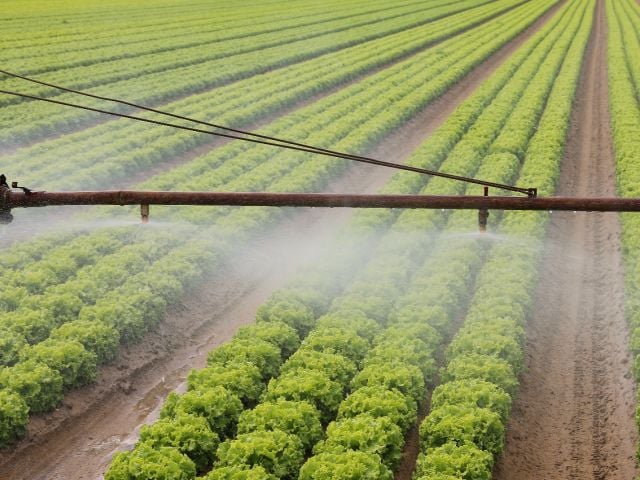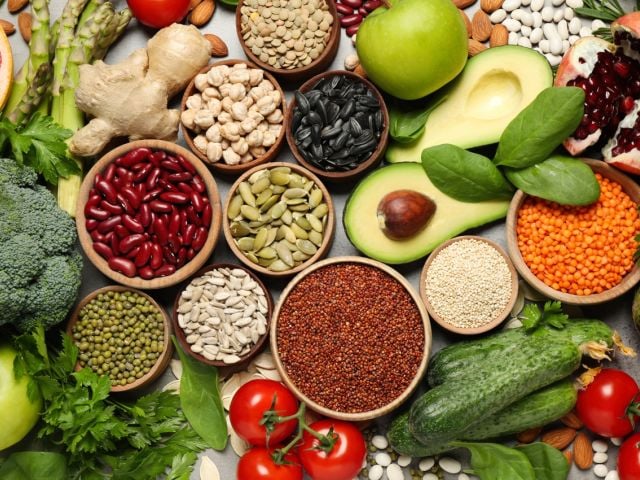WASHINGTON – A new study by University of Oxford researchers offers a comprehensive look at the potential environmental damage associated with meat production and more than 57,000 multi-ingredient packaged foods, including greenhouse gas emissions and water stress.
The research, published Monday in the Proceedings of the National Academy of Sciences offers further evidence of the problems associated with eating meat.
In the Oxford team’s statement on their report, lead author and university James Martin Fellow Dr. Michael Clark said, “By estimating the environmental impact of food and drink products in a standardized way, we have taken a significant first step towards providing information that could enable informed decision-making. We still need to find how best to communicate this information effectively, in order to shift behavior towards more sustainable outcomes, but assessing the impact of products is an important step forward.”
The study analyzed foods to estimate their overall environmental impact from greenhouse gas emissions, land use, water stress and eutrophication potential – when bodies of water become enriched with nutrients that often cause harmful algal blooms and can kill other life.
Using these indicators, the researchers found products containing fruits, vegetables, sugar and flour had lower impact scores, whereas meat, fish and cheese tended to have higher impact scores. Jerky and other dried beef products had the highest environmental impact scores.
The nutritional value of the foods studied was also considered. Using the Nutri-score method, the researchers found that the more sustainable foods were generally more nutritious as well.
“The results of this study illustrate how our daily dietary choices can have real, measurable environmental consequences,” said Tasha Stoiber, EWG senior scientist. “This is strong evidence on how much of a positive environmental impact an individual can have by simply reducing their meat consumption.”
###
The Environmental Working Group (EWG) is a nonprofit, non-partisan organization that empowers people to live healthier lives in a healthier environment. Through research, advocacy and unique education tools, EWG drives consumer choice and civic action.



.jpg?h=827069f2&itok=jxjHWjz5)